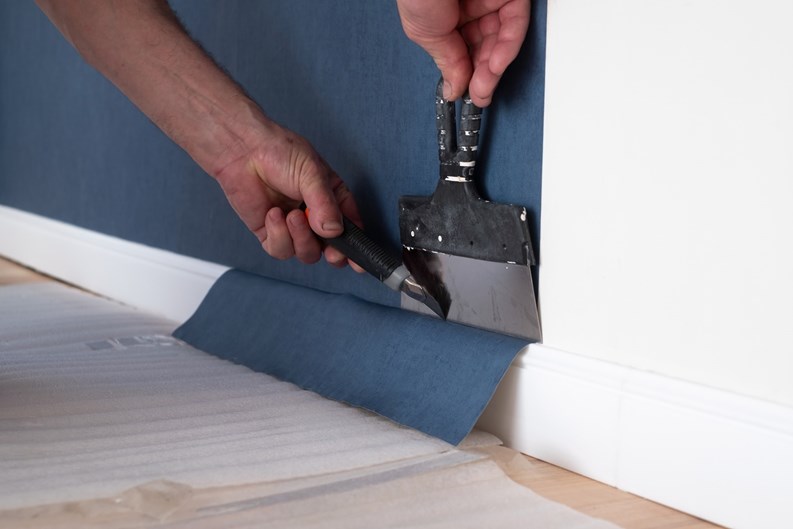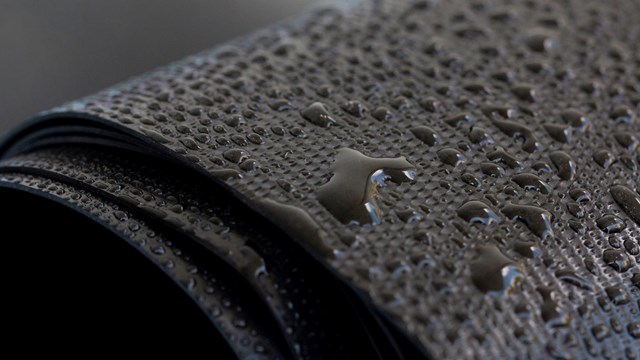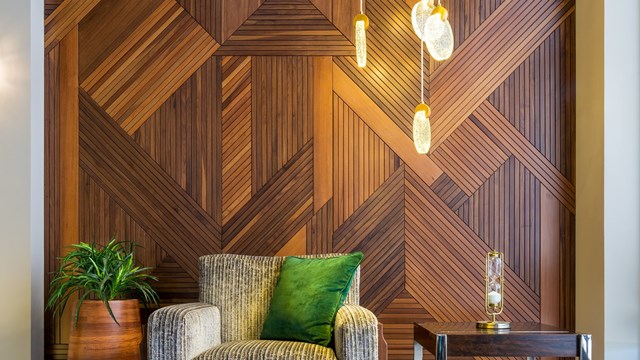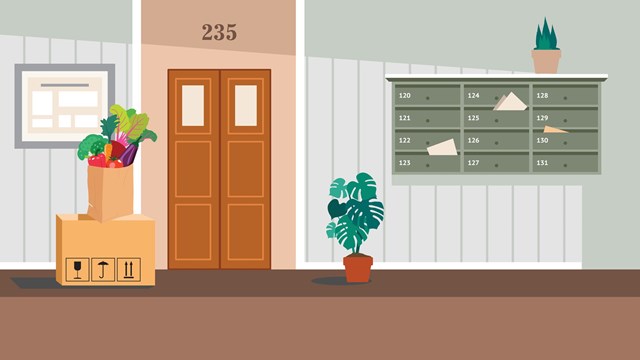Your building’s lobby and hallways are the first things residents, guests, and potential buyers see - and as the old saying goes, first impressions matter. In a multifamily residential setting, be it co-op, condo, HOA, or rental, cleanliness and sense of style are imperative. That begs the question, what is the best way to give your hallways both?
Paint
Historically, the traditional treatment of choice for hallway walls in multifamily buildings has been paint. It’s relatively easy to apply and maintain, cost effective, and easily changeable. “At first,” says Marilyn Sygrove, principal of Sygrove Associates Design Group, an interior design firm located in Manhattan, “many board members and decision-makers lean towards paint, because it seems like the easiest and most economical choice, especially if their hallway walls have always been painted.”
But is paint the right choice? For all its benefits, it has its drawbacks as well.
For one, “Paint requires arduous preparation,” explains Sygrove. “Walls must be meticulously prepared. Any dirt, debris, dings or damage will be visible through the paint. To avoid this, walls should be professionally washed, and areas with imperfections made perfectly smooth by skim-coating before repainting, which could be required as frequently as once a year.”
“Additionally,” Sygrove continues, “touch-ups are difficult. Hallway paint can’t be touched-up easily when dirty or damaged. Color matching is challenging with continued wear-and-tear. Often a full repaint will end up being the only workable alternative. Paint is also unforgiving; it shows every imperfection, particularly in older buildings. Paint tends to accentuate wall flaws, including waves, puckers, dents, and other blemishes.”
Wall-ternatives
For those reasons - as well as just the simple desire for a visual change of pace - many boards and design/decor committees opt instead for wallcoverings such as wallpaper, vinyl, fabric, etc. rather than rolling yet another coat of paint onto their hallway and common area walls when it’s time to refresh.
“Choosing wallcoverings over paint can transform your hallways,” says Sygrove. Done right, it can enhance your building’s overall aesthetic appeal. “As an interior designer primarily working in New York City’s highly competitive real estate market, I can tell you that choosing hallway wallcovering over paint gives a building an edge. It can positively influence buyers’ perception of your building.”
Sygrove goes on to note that unlike paint, wallcovering can mask imperfections on your wall’s surfaces, and are also easy to maintain. “Wallcoverings are durable, washable, and don’t show fingerprints and smudges like paint,” she says. “They are also simple to repair. If the wallcovering is damaged, you just have to replace it with a new strip - unlike paint, which often requires redoing the entire wall.”
Hallway wall paint requires constant touch-ups, and a complete repaint is typically necessary every one to two years. By contrast, vinyl wallcoverings have a useful life of about 10 years. While the cost to replace wallcovering is about double that of paint, the longer useful life, easier maintenance, and overall aesthetic appeal take much of the sting out of the initial investment. While many boards and residents are perfectly happy with painted hallway and stairwell walls, it may be worth considering the more visually impactful, less labor intensive maintenance alternative offered by wallcoverings.










Leave a Comment